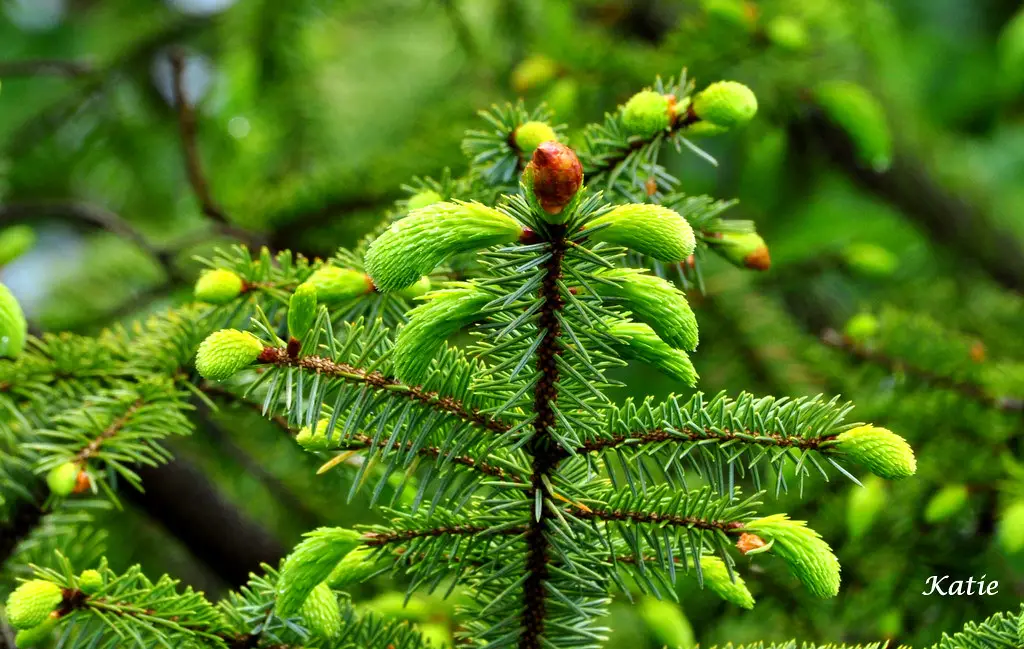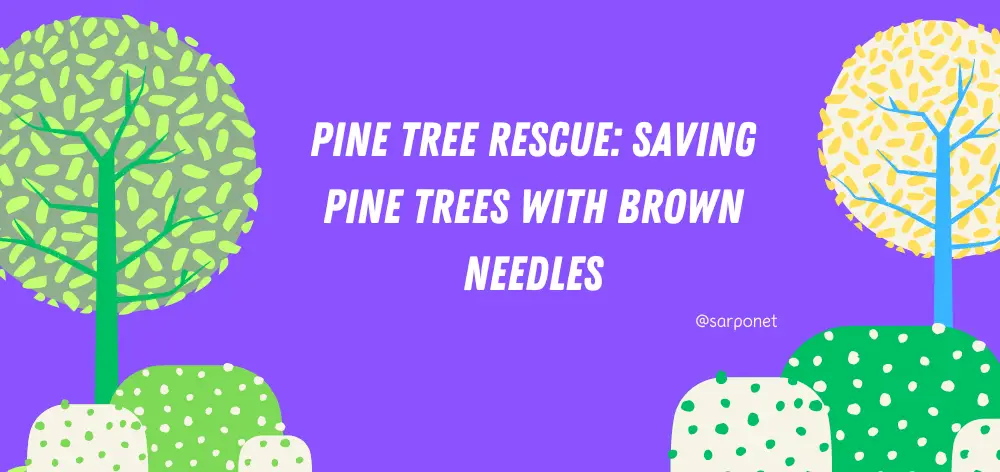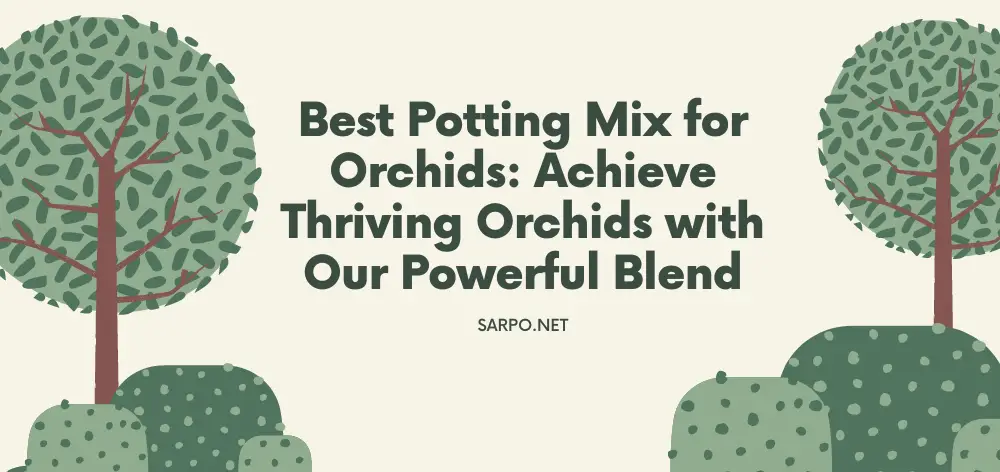How is Over Irrigation Damaging to Soil
When crops are over-watered, the excess water runs off the field and carries away topsoil. The soil that is left behind is more dense and compacted, making it harder for roots to penetrate and absorb water and nutrients. Over time, this can lead to decreased crop yields and lower-quality crops.
In addition, over-irrigation can leach salts and other minerals from the soil, making it less productive.
When soil is over-irrigated, the water saturates the ground and prevents oxygen from reaching the roots of plants. This can lead to a number of problems, including: • Root rot – When roots are unable to get the oxygen they need, they start to rot.
This can kill plants and make them more susceptible to diseases. • Soil compaction – Over-irrigation can cause soils to become compacted, which makes it difficult for plant roots to grow. Compacted soils also don’t allow water to drain properly, leading to even more problems with over-irrigation.
• Nutrient leaching – Waterlogged soils can cause nutrients to leach out of the soil and into groundwater. This can pollute drinking water supplies and harm aquatic ecosystems. Over-irrigation is a serious problem that can have detrimental effects on both plants and the environment.
How Does Over-Irrigation Lead to Soil Erosion?
Over-irrigation is the process of applying too much water to a plant or field. This can happen through incorrect irrigation methods, faulty equipment, or simply by using more water than necessary. Over-irrigation can lead to soil erosion in a few ways.
First, over-irrigation can cause the topsoil to become saturated with water. This makes it easier for rain or wind to dislodge the soil and carry it away. Second, over-irrigation can leach nutrients from the soil, making it less fertile and more susceptible to erosion.
Third, over-irrigation can encourage the growth of weeds and other plants that compete with crops for resources, leading to root damage and increased erosion.
Soil erosion is a serious problem because it can reduce crop yields, degrade water quality, and contribute to desertification. It’s important to use irrigation wisely to avoid these negative consequences.
Disadvantages of Over Irrigation
Over-irrigation can lead to a number of problems, including:
- Soil erosion – Over-irrigation can cause soil to become waterlogged and erode away.
- Nutrient depletion – Excess water can leach nutrients from the soil, making it less fertile.
- Pest problems – Wet conditions can create an ideal environment for pests and diseases to thrive.
- Flooding – If irrigation is not properly managed, it can lead to flooding which can damage crops and property.
What is Over Irrigation
Over-irrigation is a common problem that occurs when people water their plants too frequently or for too long. This can lead to a number of problems, including:
- Waterlogged soil, can drown roots and prevent them from getting the oxygen they need.
- Leaching of nutrients from the soil can make plants weaker and more susceptible to disease.
- Encouragement of weeds, which compete with your plants for resources. If you think your plant might be suffering from over-irrigation, take a look at the leaves – if they’re yellow or wilted, it’s likely that too much water is the problem.
The best solution is to cut back on watering (to about once a week for most plants) and let the soil dry out somewhat between watering sessions.
How is Over-Irrigation Damaging to Soil Brainly?
Over-irrigation is when farmers use more water to irrigate their crops than necessary. This results in waterlogged soil, which damages the structure of the soil and makes it difficult for roots to grow. Over-irrigation can also lead to nutrient deficiencies in plants, as well as an increase in pests and diseases.
What is the Result of Over-Irrigation?
Over-irrigation can have many negative consequences. It can lead to waterlogging, which can damage plant roots and make it difficult for them to absorb nutrients and oxygen. This can kill plants or make them more susceptible to disease.
Over-irrigation can also wash away topsoil, leaving plants vulnerable to erosion. And finally, if the water used for irrigation is contaminated, over-irrigation can pollute soil and groundwater.
What Would Happen If Too Much Water Gets into the Soil?
If too much water gets into the soil, it can lead to problems such as:
-The soil becoming waterlogged and losing its structure. This can make it difficult for plant roots to grow properly, and can also lead to anaerobic conditions (where there is not enough oxygen in the soil).
-Waterlogging can also make it difficult for excess water to drain away, leading to standing water on the surface of the ground. This can create a breeding ground for mosquitoes and other pests, and can also lead to plants getting diseases such as root rot.
-Too much water in the soil can also leach away nutrients that are essential for plant growth.
This can result in stunted plant growth or even death.
-Excessively wet soils can also be more susceptible to erosion, particularly if they are located on slopes.
Irrigation and soil type | Netafim
How is Over-Irrigation Damaging to Soil Quizlet
Over-irrigation is the process of applying too much water to a given area. This can happen either by accident or on purpose. Over-irrigation can damage soil in several ways.
First, it can leach nutrients from the soil, making them unavailable for plants. Second, it can encourage the growth of weeds and grasses that compete with crop plants for resources. Third, it can create conditions that are conducive to disease and pests.
Finally, over-irrigation can lead to waterlogging, which limits the amount of oxygen available to plant roots and creates an ideal environment for fungal diseases.
Which of the Following Food Production Systems is the Most Likely to Use Excessive Irrigation?
There is no one-size-fits-all answer to this question, as the most likely food production system to use excessive irrigation will vary depending on local conditions and preferences. However, in general, large-scale commercial agriculture is more likely to use excessive irrigation than small-scale subsistence farming. This is because commercial farms are often geared towards maximizing production, which can lead to unsustainable levels of water consumption.
In addition, commercial farms are often located in areas with limited water resources, making them more reliant on irrigation. Subsistence farmers, on the other hand, tend to be more conservative with their water usage and are often located in areas with plentiful water supplies. As a result, they are less likely to over-irrigate their crops.
Where Does the Water for Irrigation Come from
Water for irrigation comes from a variety of sources, including surface water, groundwater, and municipal water supplies. Surface water is the most common source of water for irrigation, accounting for about 60 percent of all irrigated water in the United States. Groundwater is the second most common source, accounting for 30 percent of irrigated water.
Municipal water supplies are the third most common source, accounting for 10 percent of irrigated water.
Over Irrigation Examples
If you’re a gardener, chances are you’ve been guilty of over-irrigating your plants at some point. While it’s important to give your plants enough water, too much can actually be harmful. Over-irrigation can lead to a number of problems, including:
• Waterlogging: This is when the soil becomes saturated with water, preventing air from getting in. Plants need both water and air in order to thrive, so waterlogged soils can cause them to suffocate and die.
• Root rot: This is a fungal disease that thrives in wet soils.
It attacks the roots of plants, causing them to rot and eventually die.
• Leaching: This is when water seeps through the soil and carries away essential nutrients that plants need to survive. Over time, this can lead to nutrient deficiencies and stunted growth.
Fortunately, there are ways to avoid these problems. By following some simple irrigation tips, you can make sure your plants get the perfect amount of water without any negative consequences.
Under Irrigation
If you’re a farmer, chances are you rely on irrigation to water your crops. But what is irrigation? Irrigation is the artificial application of water to land in order to help grow crops.
It’s a vital part of agriculture and has been used for centuries. There are many different types of irrigation systems, but they all have one common goal: to deliver water to plants in an efficient way.
Without irrigation, farmers would be at the mercy of the weather.
They would have to hope for enough rain during the growing season to ensure a good crop yield. But with irrigation, farmers can control how much water their plants receive. This means they can choose when to plant their crops and don’t have to worry about drought conditions ruining their harvest.
There are several benefits of using irrigation, including:
• Increased crop yields: When plants receive the right amount of water, they’re able to grow more effectively and produce higher yields.
• Water conservation: With irrigation, farmers can use less water overall because they’re able to target specific areas that need watering.
This helps conserve precious resources.
• Reduced labor: Irrigation systems can be automated, which means farmers don’t have to spend as much time hand-watering their crops.
If you’re thinking about installing an irrigation system on your farm, there are a few things you need to keep in mind.
First, you’ll need to decide what type of system is best for your needs (there are many different types available). Second, you’ll need to make sure you have enough water available (irrigation systems require a lot of water). And finally, you’ll need to factor in the cost of installation and maintenance (irrigation systems can be expensive).
But if you do your research and plan carefully, an irrigation system can be a great investment for your farm – one that will pay off for years to come!
Soil Compaction Results from
Soil compaction is the process by which soils are condensed, or squeezed together. This results in a decrease in porosity, or the spaces between particles, and an increase in density. Soil compaction can be caused by a variety of things, including vehicle traffic, animal hooves, and even rainfall.
Compacted soils have a number of negative consequences. They are more difficult for plants to grow in, as their roots have less space to spread out and take up water and nutrients. They also don’t absorb water as well, leading to increased runoff and erosion.
Additionally, compacted soils are more susceptible to drought because the lack of pores prevents moisture from penetrating deep into the soil. If you suspect that your soil is compacted, there are a few ways to test it. One is to simply dig down with your hands and see how easy it is to penetrate the soil.
Another is to use a tool called a penetrometer, which measures soil resistance to penetration. If you find that your soil is compacted, there are some management practices you can implement to improve its condition. These include reducing tillage, planting cover crops, using mulch, and avoiding excessive traffic on wet soils.
Frequently Asked Questions:
What happens if you over irrigate?
Over-irrigation can lead to waterlogging, reduced oxygen in the soil, root damage, nutrient leaching, and increased susceptibility to diseases, ultimately harming plant health and growth.
What are the disadvantages of over watering?
Overwatering can lead to root rot, nutrient leaching, oxygen deprivation in the soil, reduced plant growth, and increased susceptibility to diseases.
What are the three effects of excessive irrigation?
Waterlogging: Excessive irrigation can lead to waterlogged soil, reducing oxygen availability to plant roots.
Nutrient Leaching: Over-irrigation may wash away essential nutrients from the soil, affecting plant nutrition.
Root Damage: Prolonged exposure to waterlogged conditions can cause root rot and damage, compromising plant health.
Conclusion
Over-irrigation is the process of applying too much water to the soil. This can happen when farmers use irrigation systems without considering local weather conditions or the type of soil they’re working with. Over-irrigation can cause a number of problems, including:
- Soil erosion
- Nutrient leaching
- Poor drainage and flooding
- Soil compaction
Related Articles:
10 Best Small Evergreen Trees with Non Invasive Roots
 Dr Ahsanur Rahman, PHD
Dr Ahsanur Rahman, PHDPine Tree Rescue: Saving Pine Trees with Brown Needles
 Dr Ahsanur Rahman, PHD
Dr Ahsanur Rahman, PHD







